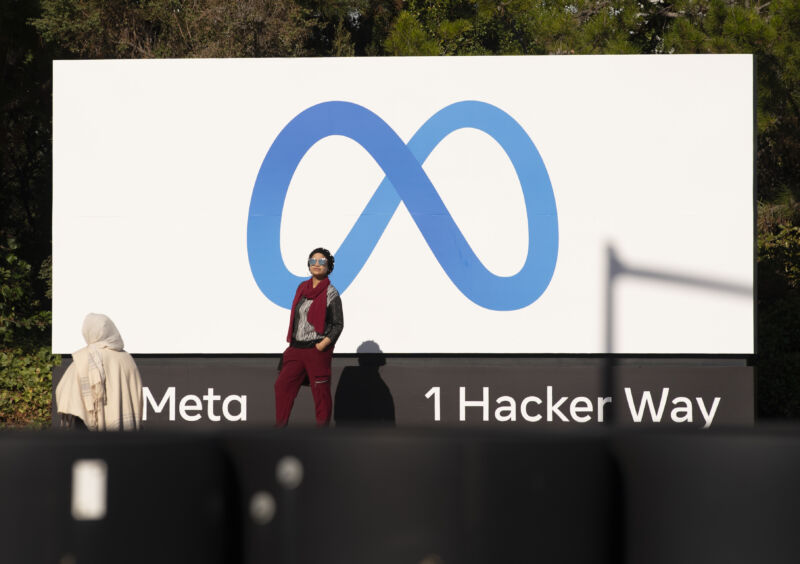-
Sl
chevron_right
Contact publication
pubsub.blastersklan.com / slashdot · Wednesday, 7 February - 13:45 edit · 2 minutes
An anonymous reader quotes a report from TechCrunch: AI-generated imagery and other forms of deepfakes depicting child sexual abuse (CSA) could be criminalized in the European Union under plans to update existing legislation to keep pace with technology developments, the Commission announced today. It's also proposing to create a new criminal offense of livestreaming child sexual abuse. The possession and exchange of "pedophile manuals" would also be criminalized under the plan -- which is part of a wider package of measures the EU says is intended to boost prevention of CSA, including by increasing awareness of online risks and to make it easier for victims to report crimes and obtain support (including granting them a right to financial compensation). The proposal to update the EU's current rules in this area, which date back to 2011, also includes changes around mandatory reporting of offenses. Back in May 2022, the Commission presented a separate piece of CSA-related draft legislation, aiming to establish a framework that could make it obligatory for digital services to use automated technologies to detect and report existing or new child sexual abuse material (CSAM) circulating on their platforms, and identify and report grooming activity targeting kids. The CSAM-scanning plan has proven to be highly controversial -- and it continues to split lawmakers in the parliament and the Council, as well as kicking up suspicions over the Commission's links with child safety tech lobbyists and raising other awkward questions for the EU's executive, over a legally questionable foray into microtargeted ads to promote the proposal. The Commission's decision to prioritize the targeting of digital messaging platforms to tackle CSA has attracted a lot of criticism that the bloc's lawmakers are focusing in the wrong area for combatting a complex societal problem -- which may have generated some pressure for it to come with follow-on proposals. (Not that the Commission is saying that, of course; it describes today's package as "complementary" to its earlier CSAM-scanning proposal.) "Fast evolving technologies are creating new possibilities for child sexual abuse online, and raises challenges for law enforcement to investigate this extremely serious and wide spread crime," said Ylva Johansson, commissioner for home affairs, in a statement. "A strong criminal law is essential and today we are taking a key step to ensure that we have effective legal tools to rescue children and bring perpetrators to justice. We are delivering on our commitments made in the EU Strategy for a more effective fight against Child sexual abuse presented in July 2020." The final shape of the proposals will be determined by the EU's co-legislators in the Parliament and Council. "If/when there's agreement on how to amend the current directive on combating CSA, it would enter into force 20 days after its publication in the Official Journal of the EU," adds TechCrunch.
Read more of this story at Slashdot.
EU Proposes Criminalizing AI-Generated Child Sexual Abuse and Deepfakes






